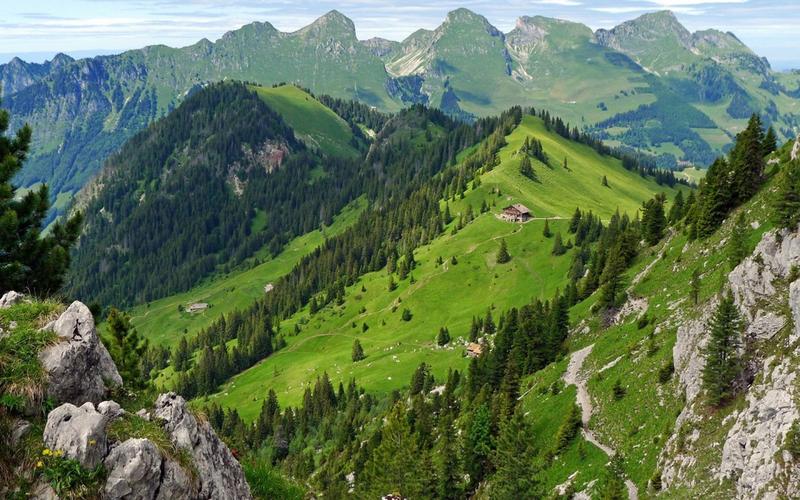The beginning of a new year always brings excitement in the air and a renewed energy to start things afresh. While the beginning of a new year is celebrated worldwide, the cultural traditions that come with it vary greatly. Throughout history, new year traditions have evolved and changed with the times and the cultures of various societies. In this blog article, we will explore how new year cultural traditions have evolved over time.
The History of the New Year Tradition
The tradition of celebrating the new year dates back to ancient times. The earliest recorded New Year’s festival was in Mesopotamia in 2000 BC. The New Year was celebrated at the time of the spring equinox, which signified the beginning of the agricultural season. The Babylonians, who were among the earliest known civilizations, celebrated their new year in March, and their festival lasted 11 days.
In ancient Rome, the new year was celebrated on January 1st. The Romans celebrated the beginning of each year with the festival of Kalends. The celebration lasted for three days. The Roman Catholic Church later adopted January 1st as the official date of New Year’s Day.
Evolution of New Year Traditions
As society and cultures evolved, so did the new year celebrations. For example, in China, the new year celebration takes place according to the Lunar calendar. In 2022, the Chinese New Year is on February 1st and will usher in the Year of the Tiger.
Similarly, the Japanese celebrate their new year, known as Shogatsu, on January 1st, but celebrations continue through the first week of January. Traditionally, the Japanese believed that they should start the new year afresh, and in observance of this belief, they cleaned their houses on December 31st.
In African countries, like Nigeria and Kenya, the new year is celebrated with music, dancing, and feasting. In Nigeria, people make a lot of noise to scare away evil spirits while welcoming the new year. In Cuba, families traditionally splash water out of their houses on January 1st, representing, washing away old problems and welcoming new beginnings.
Conclusion
In conclusion, new year traditions have evolved over time, changing with the changing cultures and societies worldwide. Whether it’s the Chinese New Year, the Roman festival of kalends, or the African feast, people worldwide always look forward to the new year with enthusiasm and hope. The tradition of celebrating the new year is here to stay– let us embrace the tradition of starting afresh and welcoming new beginnings each year.
(Note: Do you have knowledge or insights to share? Unlock new opportunities and expand your reach by joining our authors team. Click Registration to join us and share your expertise with our readers.)
Speech tips:
Please note that any statements involving politics will not be approved.
